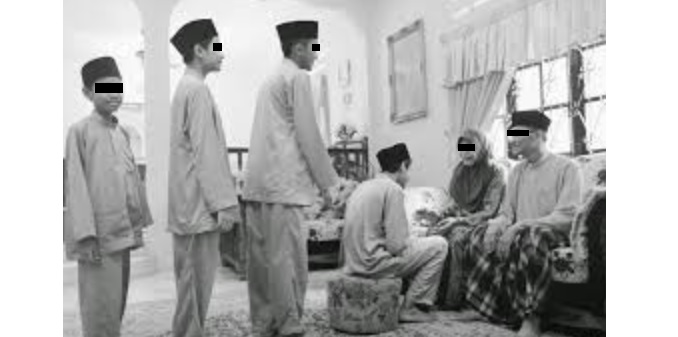This is one of the yearly Hari Raya practices from our culture that I truly believe in and treasure. Recently, there were many debates about its relevance and importance. Many who do not fully understand the rationale behind the action will simply brush it off as insignificant to the point of it being almost a ridiculous practice. I beg to differ in opinion.
While I agree that we have to apologise for our mistakes to the ones we hurt as soon as we have made them and not wait to do it during Hari Raya, we may not always be conscious or aware of our wrongdoings. Others may not be open enough to point out our mistakes/wrongdoings/transgressions/misdeeds and would rather keep the hurt to themselves.
So, as we celebrate the blessed day with a fresh outlook in life filled with positivity and hope after the cleansing of the mind, body and soul during Ramadhan, it is only logical and befitting to ask others for their forgiveness for any or our wrongdoings whether they were done intentionally or otherwise…consciously or unconsciously. The very reason why we always start the seeking of forgiveness dialogue with “Kalau (if) ada salah dan silap sengaja atau tidak (there is any wrongdoings done intentionally or otherwise), TERkasar bahasa dan perbuatan (unintentional misdeeds and harsh words), TERmakan dan TERminum (unintentional consumption of food/drinks without others’ permission)….”. When we seek forgiveness, we learn to let go of our ego and realise that we are not above everyone else. When we forgive someone, we learn that we are not above God who is ever-willing to forgive no matter how big our sins may be.
#tolongajaradatdanadabpadaanak2sekarang
#hapuskanlahsifatterlaluego
#bukankahislammengajarkitasupayabermaafmaafan
#bersihkanhati
#peringatanuntukdirijuga
Source: Rasimah Jar







